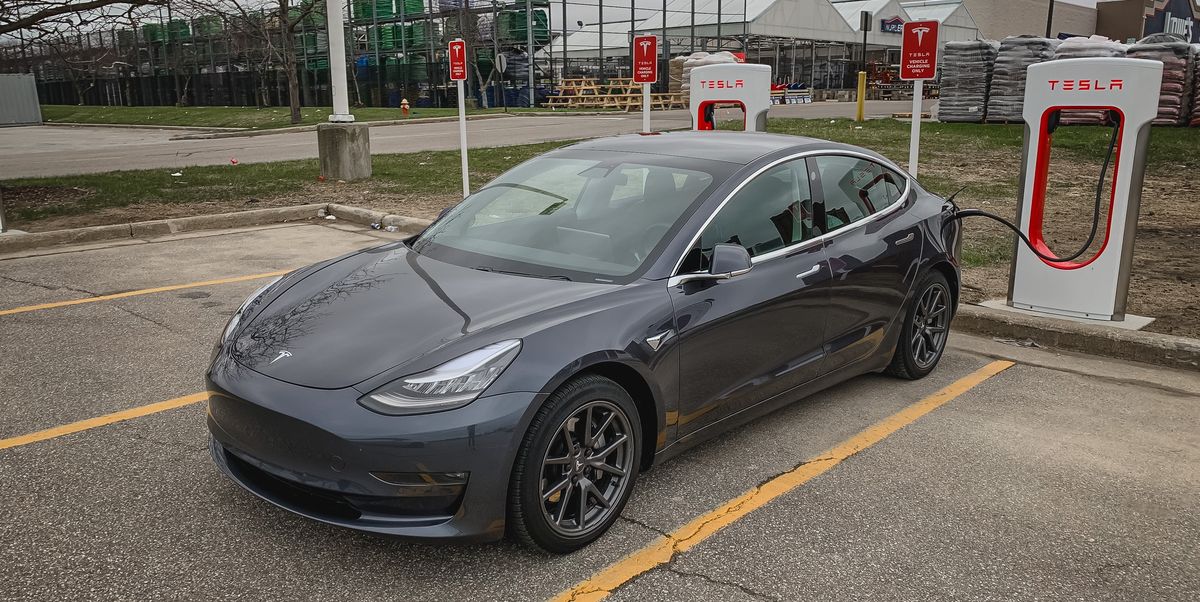One thing leaves me perplexed/worried about today's news release. At one point Lucid said it had joined with Samsung in developing a proprietary cell chemistry. It later said the same thing when it announced the agreement to source cells from LG Chem. Peter Rawlinson has stated that the Lucid would be able to fast charge and take fuller charges with less battery degradation (probably meaning dendrite formation) than has been the case thus far.
Yet today's release, while it did mention "custom" cells and touted fast charging, said nothing about less battery degradation either from fast charging or from charging nearer to 100% capacity. I see no reason why they would not have mentioned that if it were the case, as it is a very big deal for people who already own an EV and are aware of the penalty exacted by too much fast charging or full charging.
So that leaves a big question: will the batteries degrade faster, as they do in other EVs, if you take advantage of the fast charging capability?

